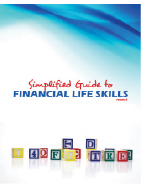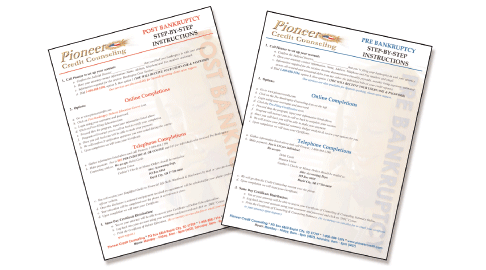Save Money Now!
Making a few small changes can help you save and begin to add up very quickly. Here are a few things that you can do to get you saving now.
Quit going out to lunch. Eating out at fast-food restaurants every day can burn a hole in your wallet very fast. Instead, bring your own lunch from home. If you need to get out of the office, head to a park or even just sit in your car and listen to the radio. Also, quit using the vending machine or buying coffee. Bring your own snacks and coffee from home and cut the overpriced markup of the vending machines.
Take advantage of your media options. If you have cable, Internet, and a landline telephone make sure you have them all through the same company. Media companies offer discounts for customers who bundle their media services. You may also want to determine the importance of your services. Take the time to monitor how often you are watching cable channels. You may be surprised that you aren’t watching as many cable programs as you think. Divide the monthly cost of the cable by the number of hours you watch it. You may also want to disconnect your landline telephone if you have a cell phone with good long-distance options.
Be less picky at the store. There are plenty of generic products that you can buy that are just as good as the name-brand stuff at a fraction of the price. Baby diapers and wipes are just one example of name-brand items that are overpriced when there are more than efficient generic brands available.
Live healthier. Cigarettes aren’t only expensive to buy they can cost you a lot on your insurance premiums. Eliminating some of your vices and replacing them with healthy foods will help you save in both the short and long term.







